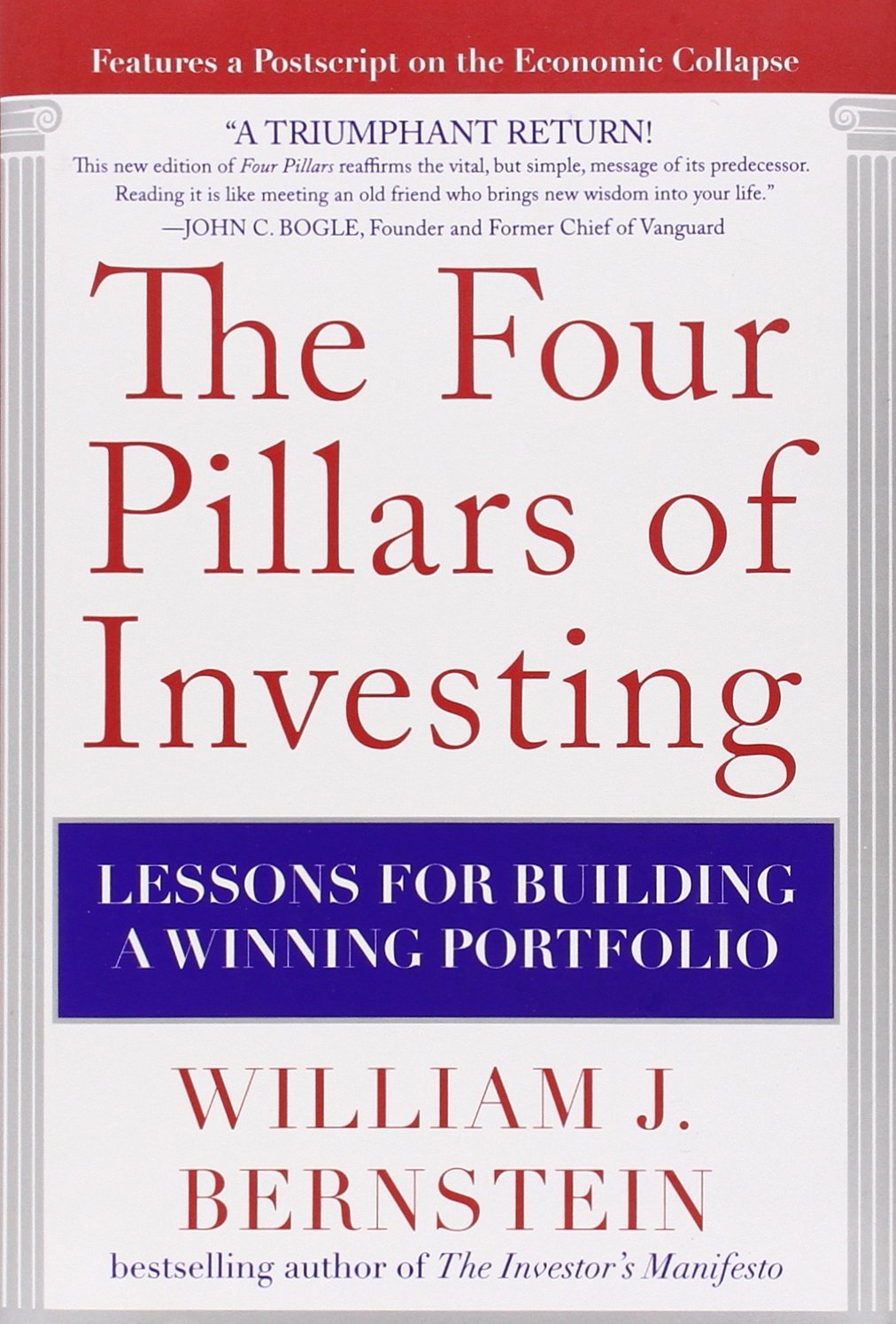Your intuition is correct. Holding your employers stock means that if your employer implodes not only do you lose your job you lose a nice chunk of your savings.
Money is fungible. Your vested stock is just the amount of money it's worth today. If you wouldn't go out and buy that much of the stock today then you shouldn't hold it. You should sell it and go buy the thing you would have bought with that money instead. Don't be anchored by the wrong thing.
In my case I strongly prefer diversification and reducing tail risk over potentially more lucrative outcomes that I might get from having concentrated holdings in successful companies.
I would like to say I sell the stock as soon as it vests, and that is my goal, but I've been misbehaving and had a limit order open for 6 months. I really shouldn't do that considering the risk and upside are not at all proportionate.
RE financial advisers:
The #1 rule of financial advice is never take financial advice from someone who takes a percentage of your investments. Anyone who charges based on AUM is only interested in soaking you for fees with expensive investments that give them kickbacks.
You want a fee based adviser if you want one at all. I don't think you do if you are in the accrual stage. Just invest passively in the entire market of things you can cheaply invest in using index funds with a low expense and pick a ratio of stocks to bonds that you are comfortable with and let it grow. The most important skill is staying the course, staying in the market, and purchasing regularly (don't time).
I only own one fund. https://personal.vanguard.com/us/funds/snapshot?FundIntExt=I...
It's a wrapper around several other index funds. Simple. I don't have to think about rebalancing or anything else. I'm going to keep buying this fund until I am in my 50s or 60s and have to rethink as my time horizon shortens. When this fund is not available such as my 401k I mimic it's allocation using the available index funds.
I used to try and do it cheaper by buying the underlying funds with lower expense ratios. Gaming taxable vs tax deferred. I lost interest.
http://www.amazon.com/Four-Pillars-Investing-Building-Portfo...
The conclusion remains the same, however. Oh, how terribly dull it all is when compared to a nice game of craps.


Even the recommendations there are more complicated than I prefer. Vanguard has some wrapper funds (Life Strategy, Target Retirement) you can pick from that mean even more simplicity and less room for error. Tax efficiency is the only reason I would get more involved.
[1] https://www.amazon.com/Four-Pillars-Investing-Building-Portf...